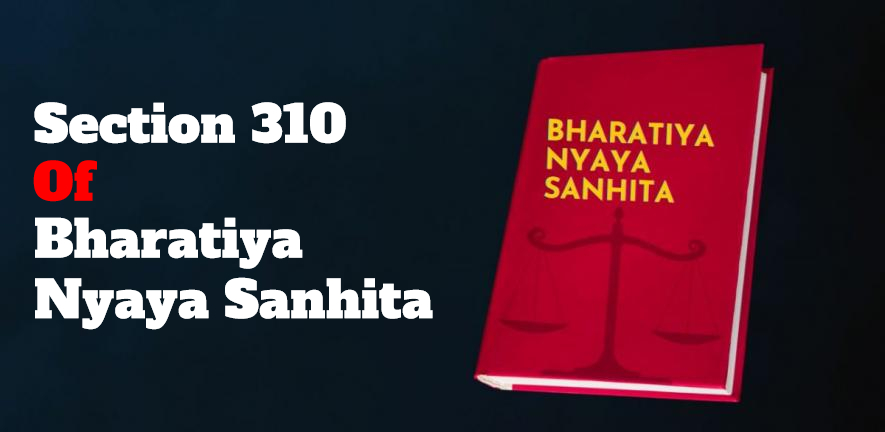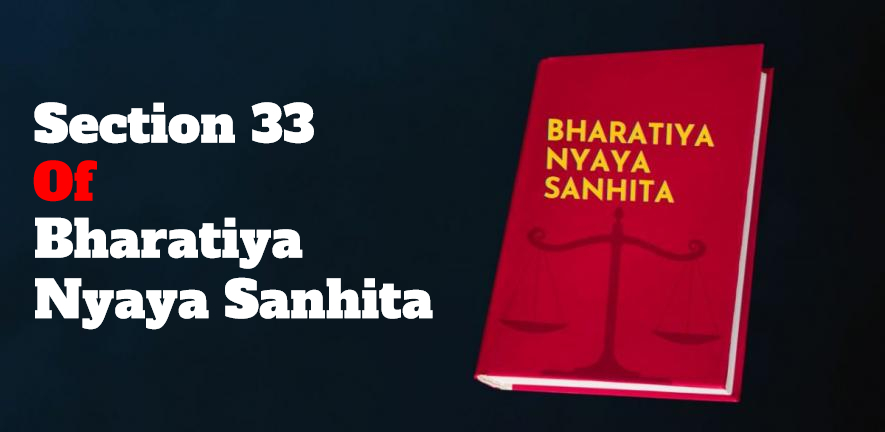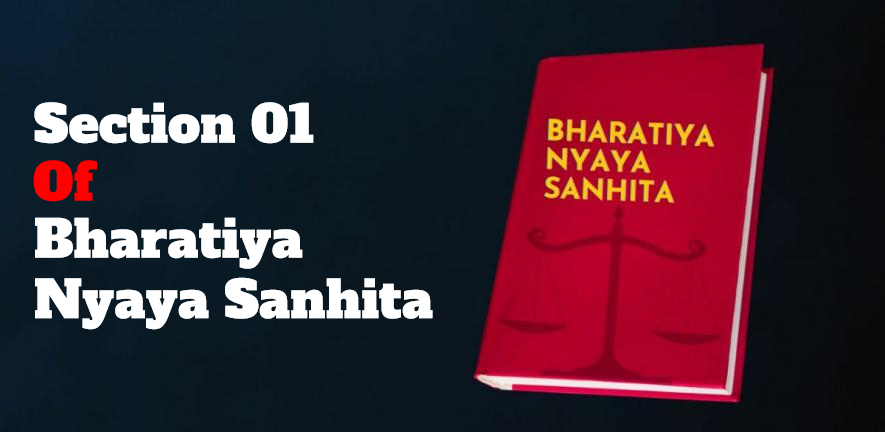Section 310 of the Bharatiya Nyaya Sanhita (BNS) addresses the crime of dacoity, defining it and stipulating the associated penalties. This section is crucial in understanding the legal framework around organized robbery in India.
Definition of Dacoity
According to Section 310(1), dacoity occurs when five or more individuals jointly commit or attempt to commit robbery. This includes any individuals present who aid in the commission or attempt, provided their number also meets or exceeds five.
Punishments Under Section 310
The penalties for dacoity are severe and vary based on the specific actions taken during the crime:
- Section 310(2): For committing dacoity, an individual faces life imprisonment or rigorous imprisonment for up to 10 years, along with potential fines.
- Section 310(3): If murder is committed during the act of dacoity by any of the participants, all involved can be punished with death, life imprisonment, or rigorous imprisonment for not less than 10 years, plus fines.
- Section 310(4): Preparation for committing dacoity can lead to rigorous imprisonment for up to 10 years and fines.
- Section 310(5): Being part of a group intending to commit dacoity can result in rigorous imprisonment for up to 7 years and fines.
- Section 310(6): Membership in a gang that habitually commits dacoity may lead to life imprisonment or rigorous imprisonment for up to 10 years, along with fines.
Legal Characteristics
- Cognizable Offense: All offenses under Section 310 are classified as cognizable, allowing law enforcement to arrest without a warrant.
- Non-Bailable: The crimes outlined in this section are non-bailable, meaning that bail cannot be granted as a matter of right.
Conclusion
Section 310 of the Bharatiya Nyaya Sanhita outlines stringent measures against organized robbery, reflecting the seriousness with which such crimes are treated in Indian law. The provisions aim to deter participation in dacoity while ensuring that those involved face significant legal consequences.

Adv Ashish Sharma has dedicated his career to helping individuals and businesses navigate the intricate legal landscape with confidence. From providing expert advice on current legal issues to offering clear explanations of legal principles, he strives to empower his audience with knowledge and understanding.


